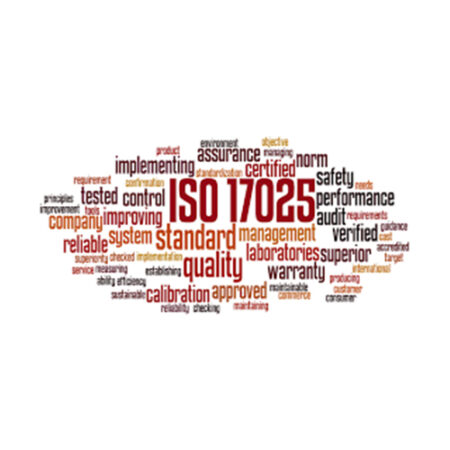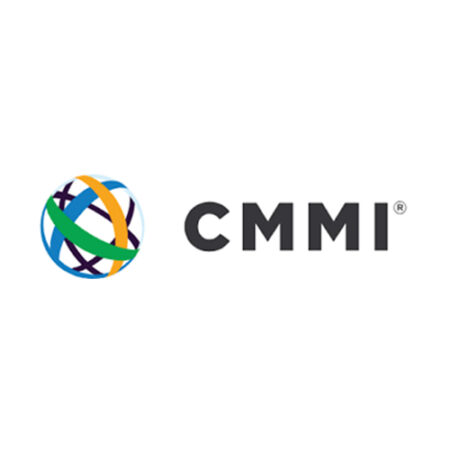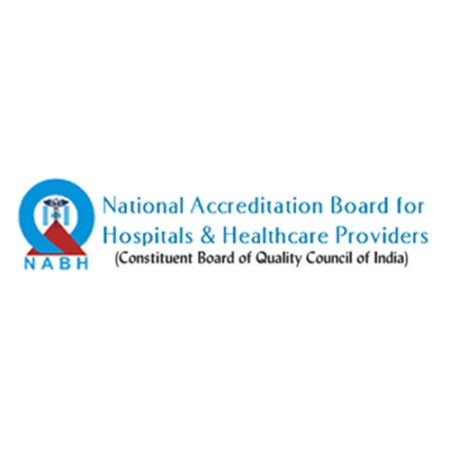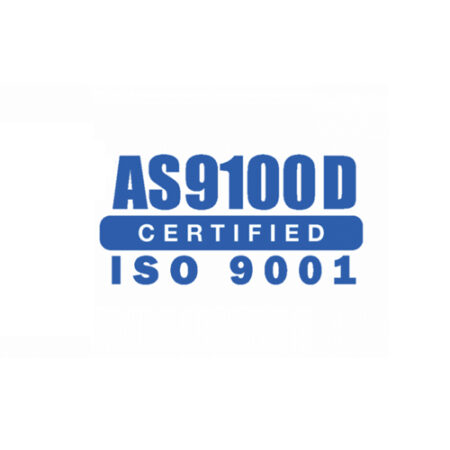IATF 16949:2016
Demonstrate commitment to quality products and services throughout the supply chain with the internationally recognized Automotive Quality Management System (QMS) standard IATF 16949:2016. International Automotive Task Force (IATF) was formed with the collaboration of automotive manufacturers and respective trade associations from all over the world. This group aims to achieve customer satisfaction through enhanced quality of products and services. IATF first announced the ISO/TS 16949 standard for the industry in 1999 and this has been revised several times ever since. The standard was released to help enterprises make changes to meet the requirements of quality on global scale.
IATF 16949:2016 is the latest version that is applicable today. The newest standard is by far more defined and supersedes the ISO/TS 16949. It offers guidelines tailored to coordinate the different assessment and certification systems in the global automotive supply chain.

In order to get certified with ATF 16949:2016, the company must also meet all the guidelines under ISO 9001:2015, which is more focused on customer satisfaction and integration of processes in the supply chain. ISO 9001:2015 structure is such that it allows an enterprise to gain other standards that maybe be specific to its industry. Having ISO 9001:2015 accreditation always makes it easier to take on any additional standards, including ATF 16949:2016.
IATF 16949 requirements include the following key aspects:
Implementation of IATF 16949:2016 is achieved through a better understanding of the organization’s context and relevant interested parties, and by taking appropriate actions to address risks and opportunities at every level. If IATF 16949 is implemented and properly managed, the potential benefits for the organization are:
IATF 16949:2016 is applicable to any enterprise, regardless of size, in the automotive industry. The scope of this standard refers to the type of automotive supply chain facilities, small, medium or large, that have customers. The standard details the requirements of a quality management system for automobile supply chain manufacturers.<br
The company maybe dealing with manufactures components, assembly lines and supply of certain parts or services. The standard could be implemented in businesses dealing with fabrication of production materials, heat treatment services, painting, welding, plating and other finishing services.
Related Services

NABL
NABL

CMMI DEV 2.0
CMMI DEV 2.0

ISO 13485:2016
ISO 13485:2016



